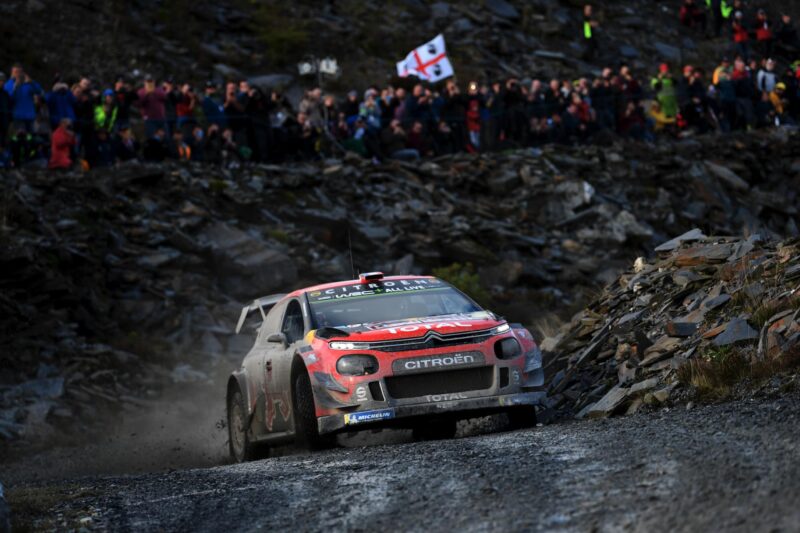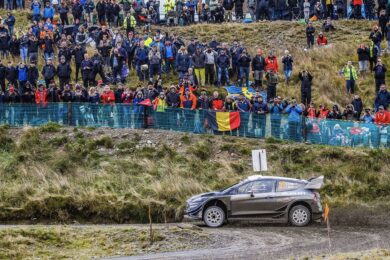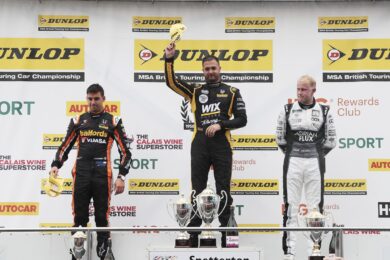The decision leaves the rest of the 2020 World Rally Championship in serious doubt. Wales Rally GB joins Finland and New Zealand as the events most recently scratched from the schedule, with Turkey at the end of September now set to be the first to break the hiatus. But will the country really be ready to host its rally, even if it succeeds in opening its proposed ‘air bridge’ to the UK to allow tourists in from July? As with just about everything right now, it’s impossible to say.
The organisers of Rally Germany in October are said to be confident they can push ahead, and the same is said of Rally Japan at the end of the year. Given that three rallies had already run before Covid-19 shut our world down, in Monte-Carlo, Sweden and Mexico, that might allow for a five-round WRC, at a push – but perhaps the best course of action for world governing body the FIA is to take a leaf from Motorsport UK and act now: cancel the season and make the three rounds already completed count for the 2021 championship, creating a super-season similar in format to that already used by the World Endurance Championship.
Elsewhere this week, the World Touring Car Cup announced a heavily revised six-round schedule that will be confined to Europe, starting at the Salzburgring in September and finishing in Adria, Italy in November. So no longer a true World Cup then, but in these extreme circumstances it seems a logical decision, as part of a new cost-cutting drive for teams already struggling with the financial implications of losing so many months of racing. “From the outset we have been very aware of the difficulties Covid-19 has caused existing or prospective WTCR teams,” said Francois Ribeiro, the head of Eurosport Events which promotes the series. “That is why, together with the FIA, we introduced a number of cost-cutting measures to help them.
“These cost savings combined with a Europe-only calendar and our pledge not to reduce the marketing and promotional investment in the series, has led to a number of enquiries from drivers and teams that had not previously considered WTCR.



